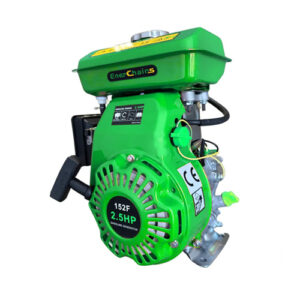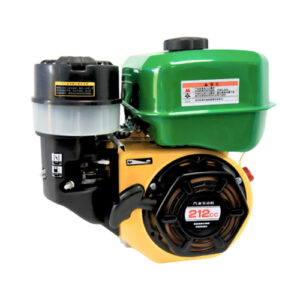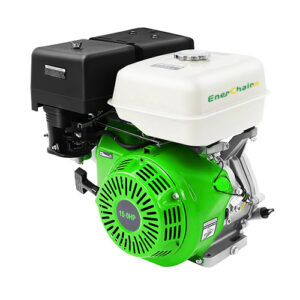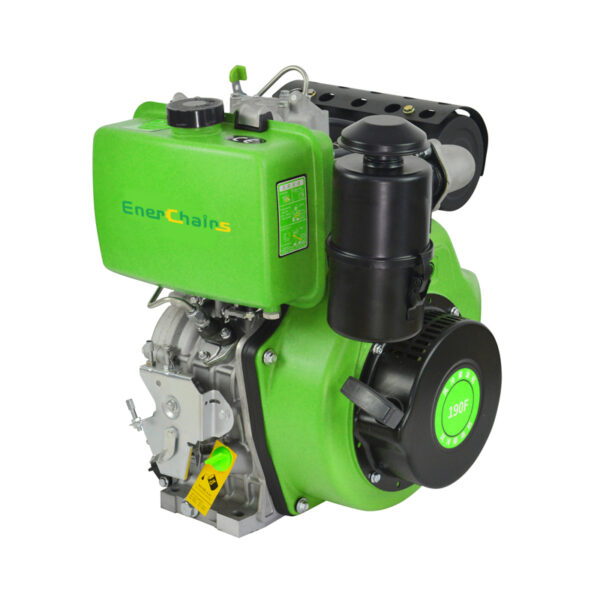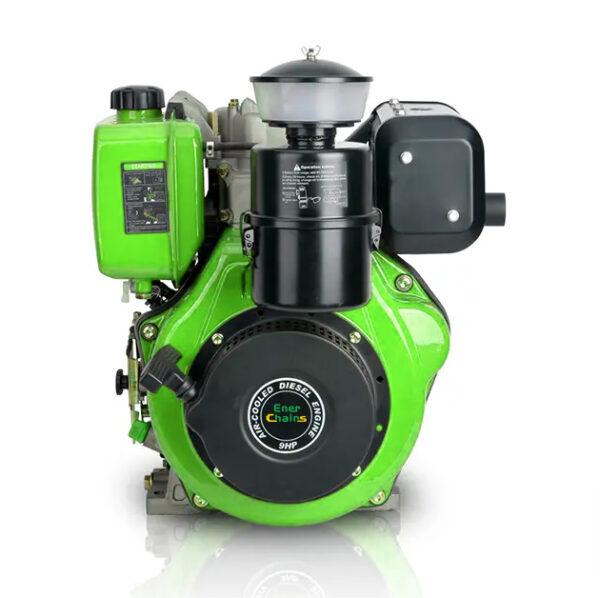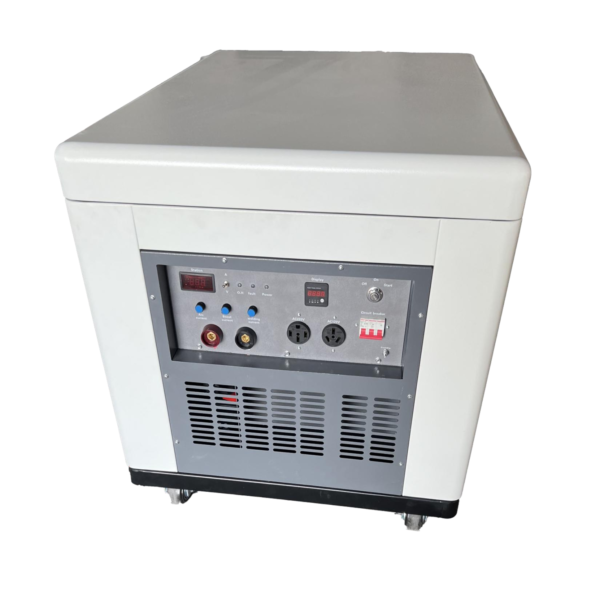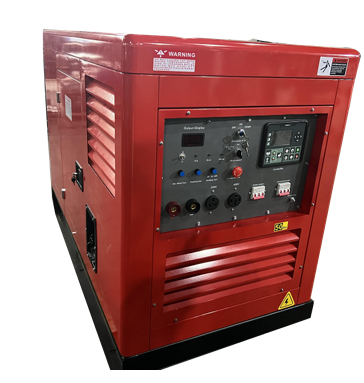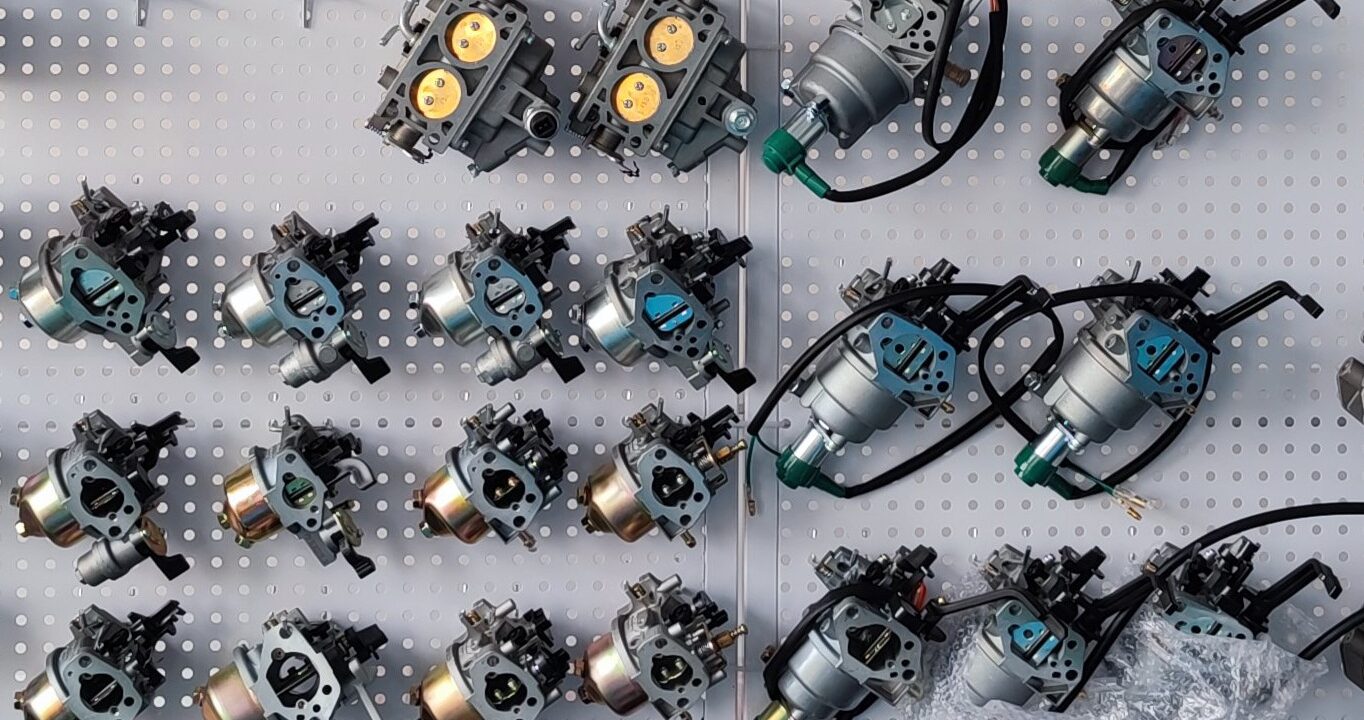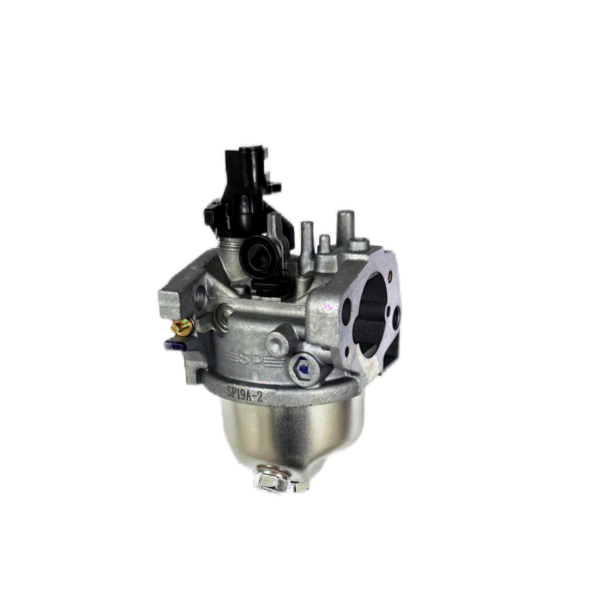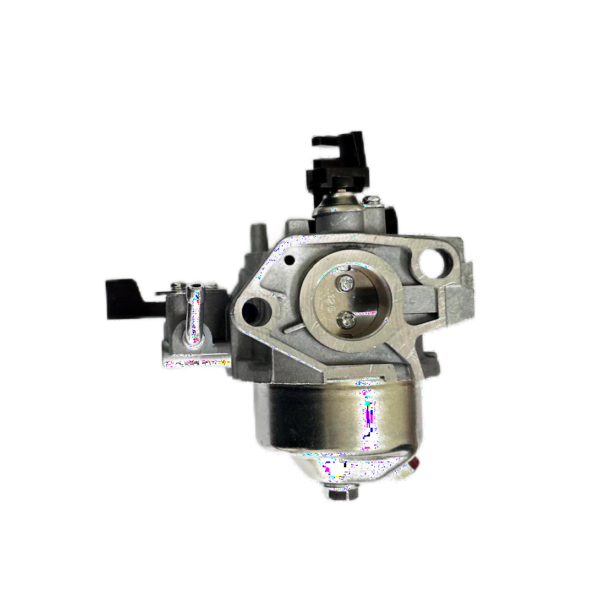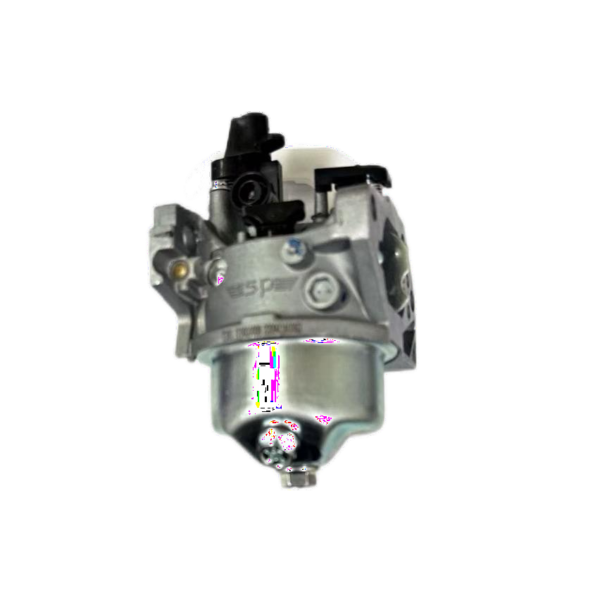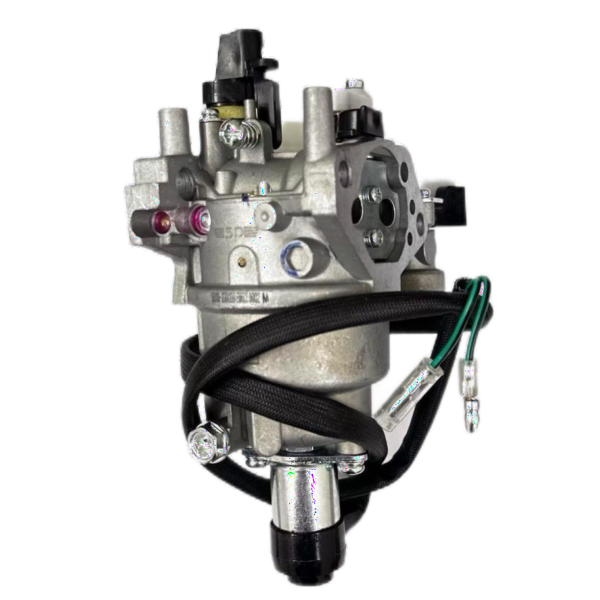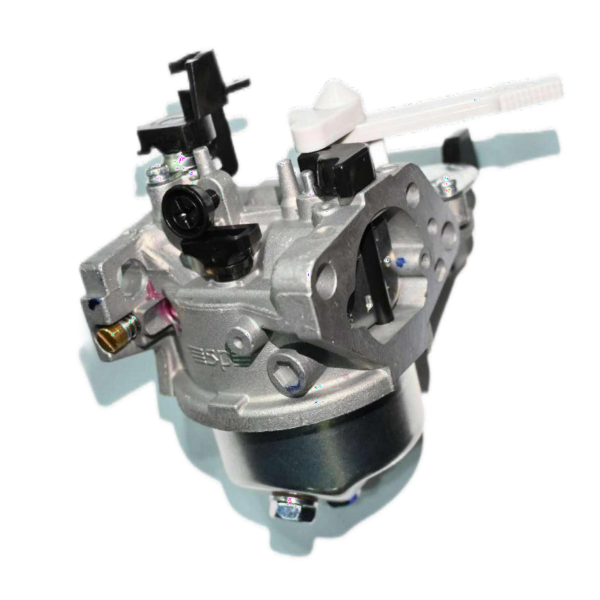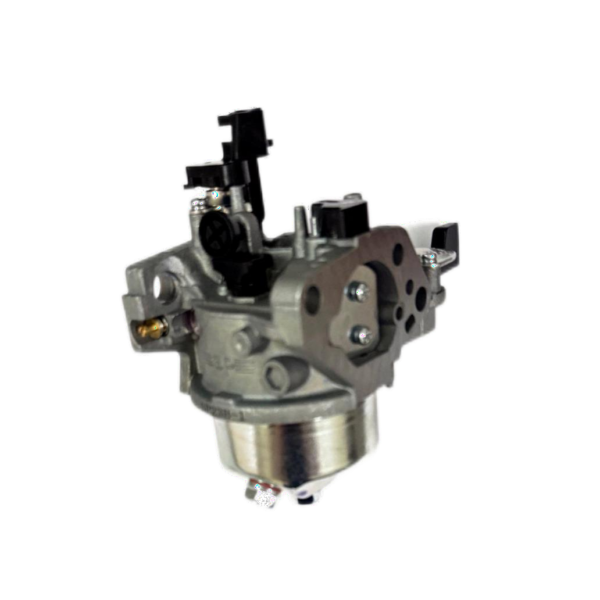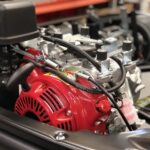A carburetor on a small engine is a crucial component responsible for mixing air and fuel in the correct ratio for efficient combustion. Found in gasoline-powered equipment such as lawnmowers, generators, water pumps, and small motorcycles, the carburetor ensures the engine runs smoothly and efficiently.
-
SP-CP19 Carburetor for Micro Tiller & Water Pump 168-225CC 3-5KW$10.00
-
SP-27B-1 Carburetor for Micro Tiller & Water Pump 300-457CC 6-8.5KW
-
SP-19C Carburetor for Micro Tiller & Water Pump 168-225CC 3-5KW
-
SP-18-2 Carburetor for Lawn Mower 120-225CC 2-4.5KW
-
SP-27-1 Carburetor for Lawn Mower 250-457CC 5-8KW
-
SP-18-1 Carburetor for Lawn Mower 120-225CC 2-4.5KW
-
SP-29B Carburetor for Cleaning Machine 500-550CC 9.5-10KW
-
SP-27B Carburetor for Cleaning Machine 300-457CC 6-8.3KW
-
SP-23B Carburetor for Cleaning Machine 270-300CC 5.5-6KW
How Does a Carburetor Work?
A carburetor operates using the Venturi principle, where air is drawn into a narrowing tube, creating a vacuum that pulls in fuel from the float chamber. The main components of a small engine carburetor include:
- Float Chamber: Maintains a constant level of fuel.
- Venturi: Regulates air intake and fuel mixing.
- Throttle Valve: Controls airflow and engine speed.
- Choke Valve: Adjusts air intake for easier cold starts.
- Jets and Nozzles: Meter the fuel for proper air-fuel mixture.
Types of Carburetors for Small Engines
Small engines typically use one of the following carburetor types:
- Float-type Carburetor: Common in lawn equipment and motorcycles, offering stable fuel supply.
- Diaphragm Carburetor: Used in chainsaws and trimmers, designed for high-vibration environments.
- Fixed-venturi Carburetor: Provides a simple, reliable design with minimal adjustments needed.
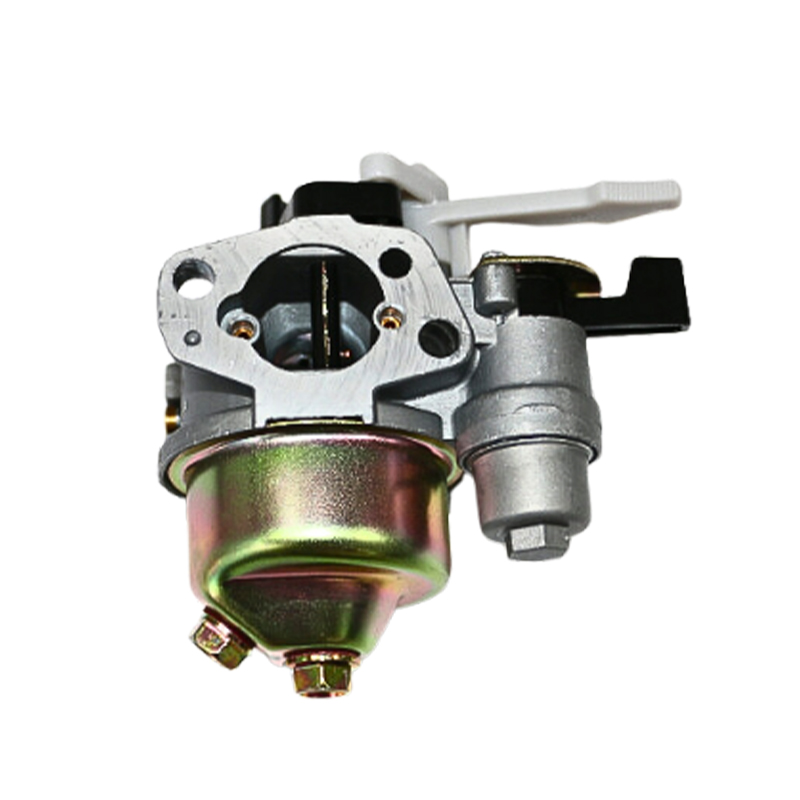
Signs of a Faulty Carburetor
A malfunctioning carburetor can lead to performance issues. Common symptoms include:
- Hard starting or failure to start
- Rough idling or stalling
- Excessive fuel consumption
- Black smoke from the exhaust
Carburetor Maintenance Tips
To ensure optimal performance, regular maintenance is essential:
- Clean the carburetor regularly to prevent clogs from dirt and old fuel deposits.
- Check and replace gaskets and seals to prevent leaks.
- Use fresh gasoline and avoid ethanol-rich fuels that may damage components.
- Adjust the air-fuel mixture as needed for smooth operation.
Conclusion
A carburetor is a vital component in small engines, ensuring proper fuel and air mixing for efficient combustion. Regular maintenance can help keep your engine running efficiently, reducing fuel waste and extending its lifespan. If your small engine exhibits performance issues, checking and servicing the carburetor should be a priority.
For more insights into small engine components and troubleshooting, visit ChinaSmallEngines.com.

